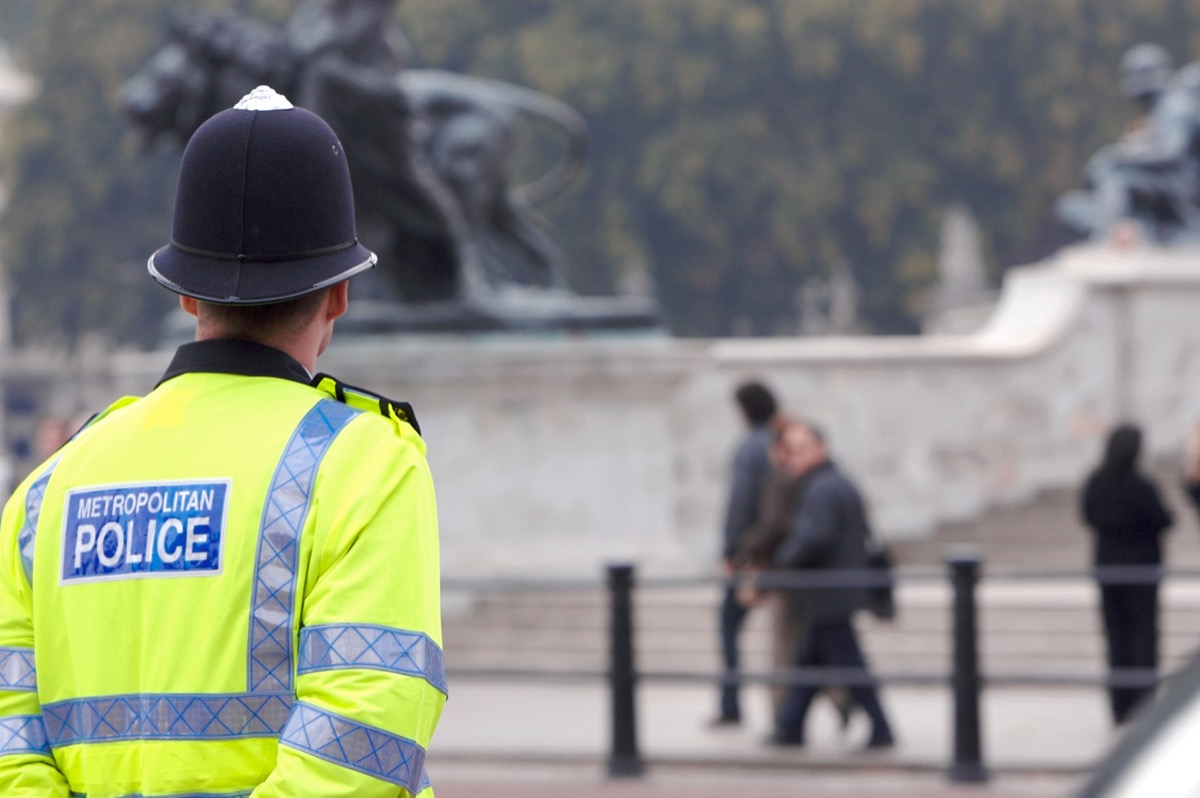Met Police Using ‘Terrorism Tactics’ To Combat Male Violence in London

The Metropolitan Police have begun using tactics that they use in relation to terrorists to identify suspects who pose the most risk to public safety when it comes to male violence in London. According to The Independent, they will use the Cambridge Crime Harm Index to find the top 100 suspects who pose the most threat out of 35,000 cases that are reported yearly.
Speaking on their new methods, Deputy Commissioner Lynne Owens said, “It takes information from victims where they have named individuals who have committed offences against them.
“The team stacks that data based on the seriousness of the crime, the potential consequences for the victim and that leaves us a stack of offenders. We are going to tackle the first 100 of those. Why 100? You have to start somewhere.”
Within the current top 100, they identified over 400 offences and 200 victims, with two perpetrators having 15 victims each. The force says that they have “absolute determination” to tackle violence against women and girls, as well as rebuild its reputation.
The Met Police’s reputation among the U.K. public dipped dramatically in 2021 after the kidnap, rape, and murder of Sarah Everard by serving Met Police officer Wayne Couzens. This was followed by the vigil in Clapham Common for Sarah which ended in violence from police, as well as other murders such as Sabina Nessa and the jailing of two officers who photographed Nicole Smallman and Bibaa Henry’s dead bodies and circulated them on WhatsApp.
Sir Mark Rowley, the Met Police commissioner, said that the problem was previously “too big” to do anything about it “manually.”
Concerns about the Met’s culture and standards covered 300 pages in a review by Baroness Casey. Officers who are investigating domestic violence have “unmanageable caseloads” and evidence in rape cases is kept in “over-stuffed, dilapidated or broken fridges.”
Rowley says that they are “sacking and suspending more officers than ever before.” He adds, “I’ve got a minority of my people I need to sort out, and we’re doing that as rapidly and as quickly as we can do.”
Owens said, “We are determined to do well in this area. We don’t think we are seeing a reduction, over the last three months there has been just under 52,000 offences reported against women and girls and that’s compared to just under 48,000 in the previous three months.
“That’s an eight percent increase so we think we see people coming forward, but we’re concerned it’s an even bigger increase but a percentage isn’t being reported.”
There have been more than 500 charges in rape cases compared to last year and murder rates have dropped to pre-pandemic levels. A £366 million two-year scheme is being launched to visit every force in London boroughs, with an “emphasis on neighborhood policing” in order to try and regain the public trust, with around 200 officers moved from central to local teams.
(featured image: RFStock)
Have a tip we should know? tips@themarysue.com